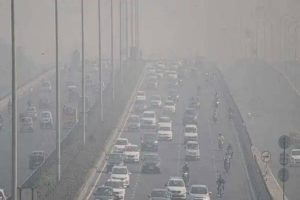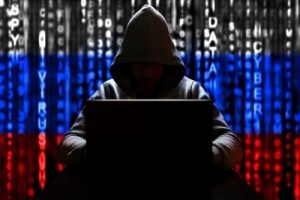Why is the city beautiful under Section 144 of the Criminal Procedure Code (CrPC) most of the times? This is the question doing rounds in Chandigarh.
Even after years of the quashing of the 'disturbed area' tag by the Punjab and Haryana High Court, the administration keeps the major part of the city under Section 144 for most of the year.
The Union Territory administration maintains that this is a preventive measure. But a large number of residents believe that the administration’s 'misuse' of this law is against democratic values.
They say it not only criminalises day to day activities of ordinary citizens, but also renders them to potential penal action. Section 144 of CrPC is issued in urgent cases of nuisance or apprehended danger.
Under it the assembly of five or more people is banned.
"The use of Section 144 as an umbrella provision shows a deep disregard of democratic legislative procedures to pass appropriate laws to govern Chandigarh," advocate Arjun Sharon, national organising
secretary, People's Union for Civil Liberties (PUCL), told The Statesman.
The administration recently passed an order under this section banning the use of synthetic manjha (the thread to fly a kite). Likewise, eight other orders were passed under this section calling for
information regarding tenants, business of dhabas, discos and restaurant, cyber cafes, consultancy firms and immigration consultancy.
The deputy commissioner, Ajit Balaji Joshi, defended the decision to impose Section 144. "This is a preventive measure. If I have to stop demonstration or a strike from taking place at a particular place, the
application of Section 144 is important," he told The Statesman.
But social activists like RK Garg said, "It has become a habit of the administration to use coercive and harsh measures for routine public issues. The administration has sufficient powers in the normal course
of action, therefore they should not give absolute powers to police
and use it to harass public."
City residents are of the view that the administration has been violating the letter and the spirit of the legislation in an entirely illegal and unconstitutional manner, trampling upon the citizens fundamental and other enshrined rights.












